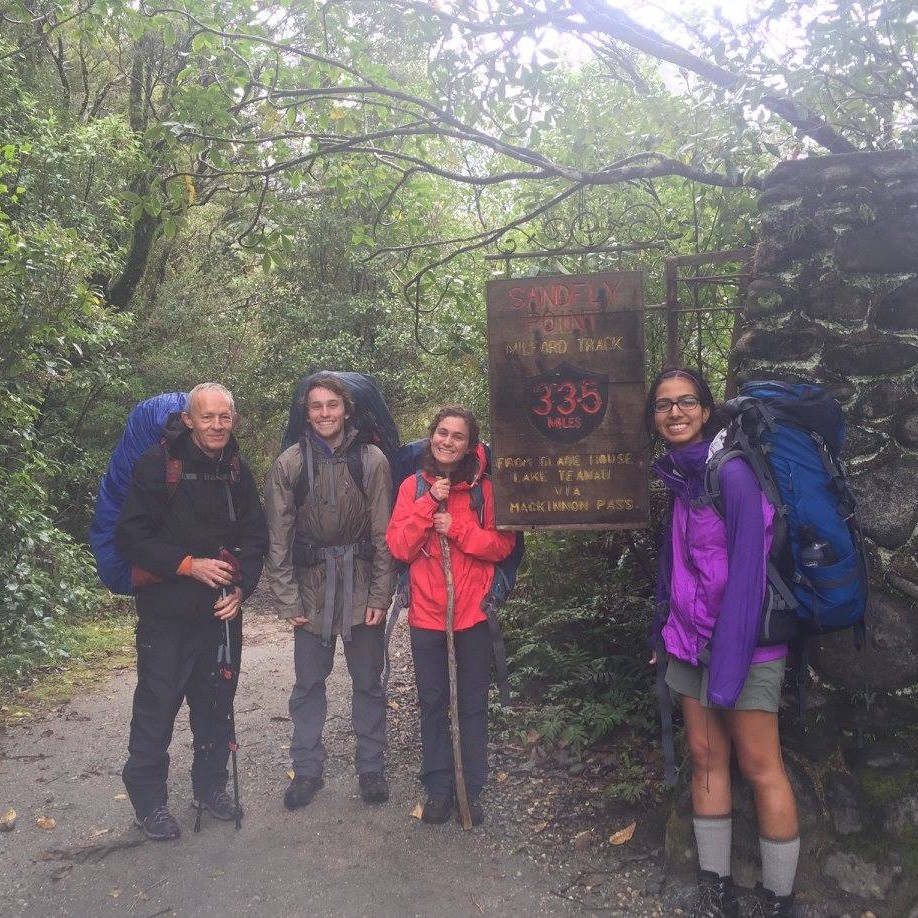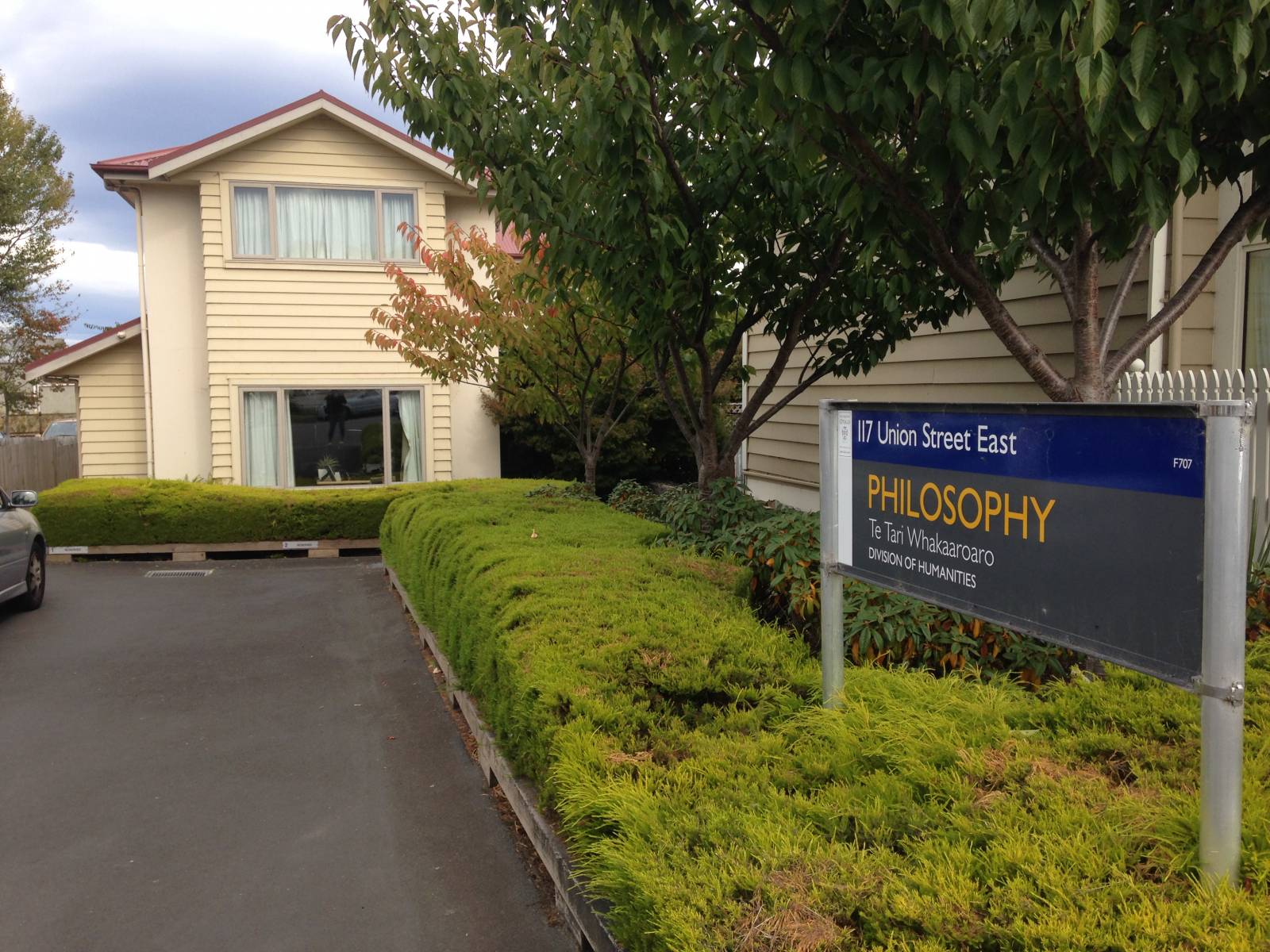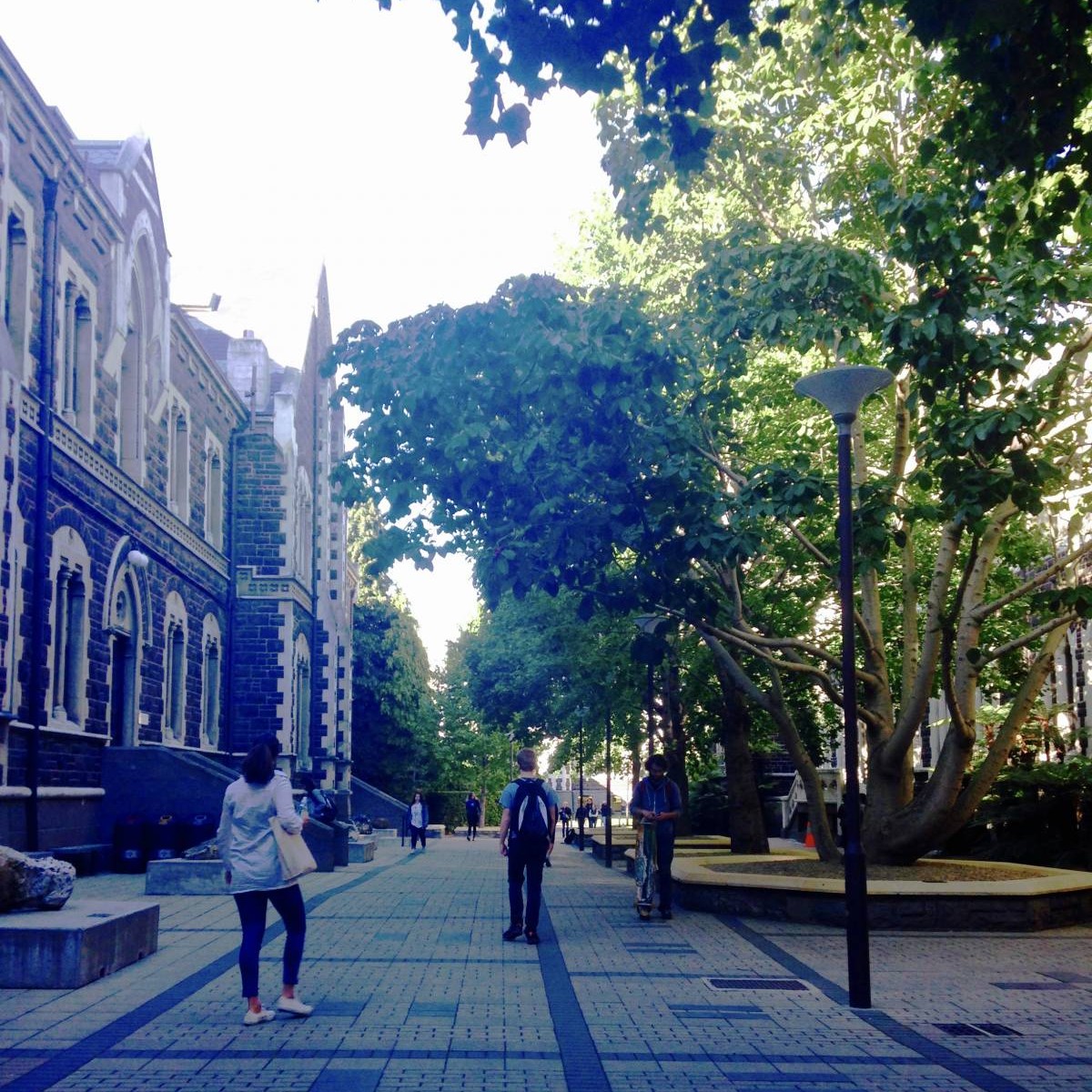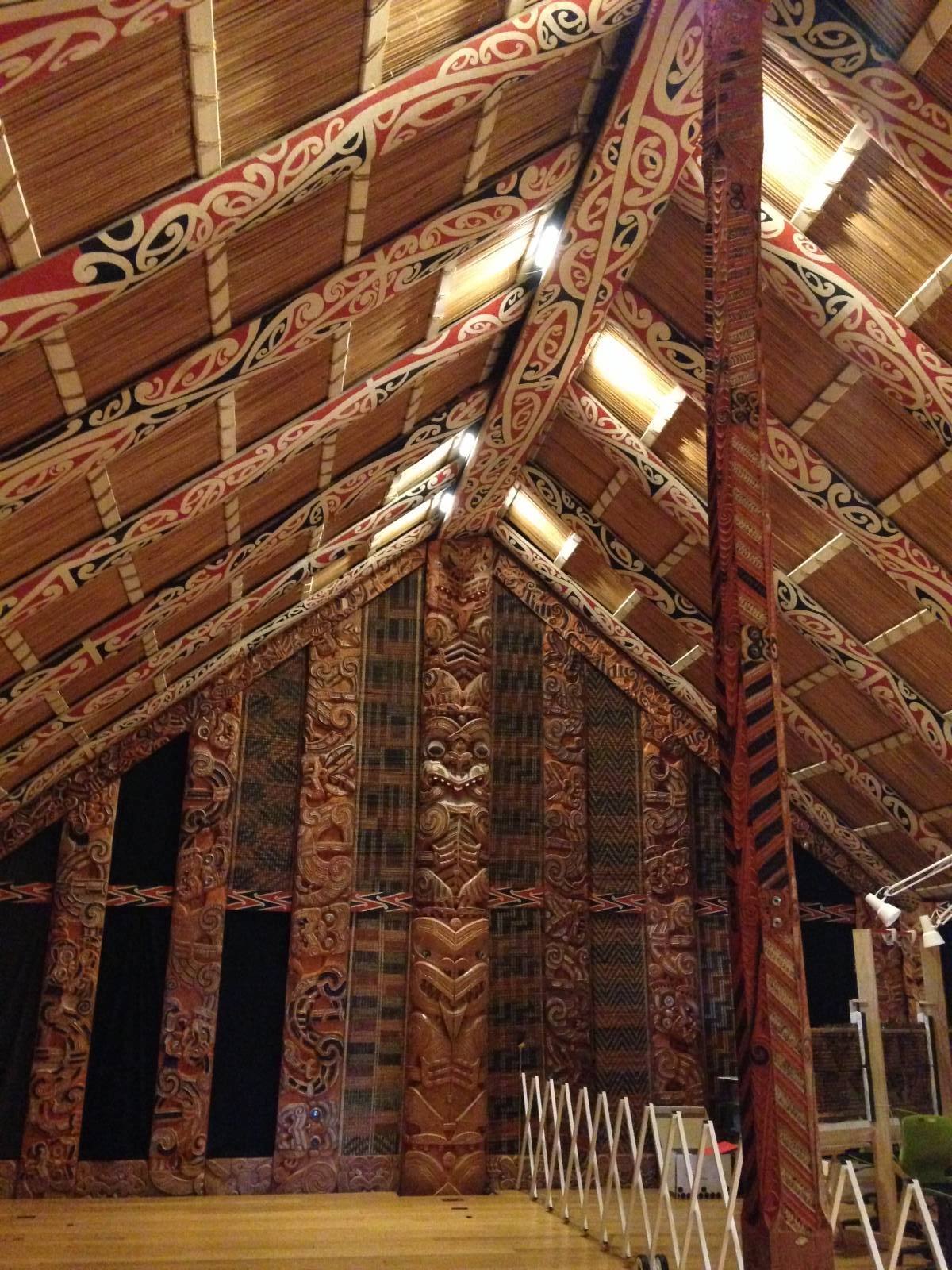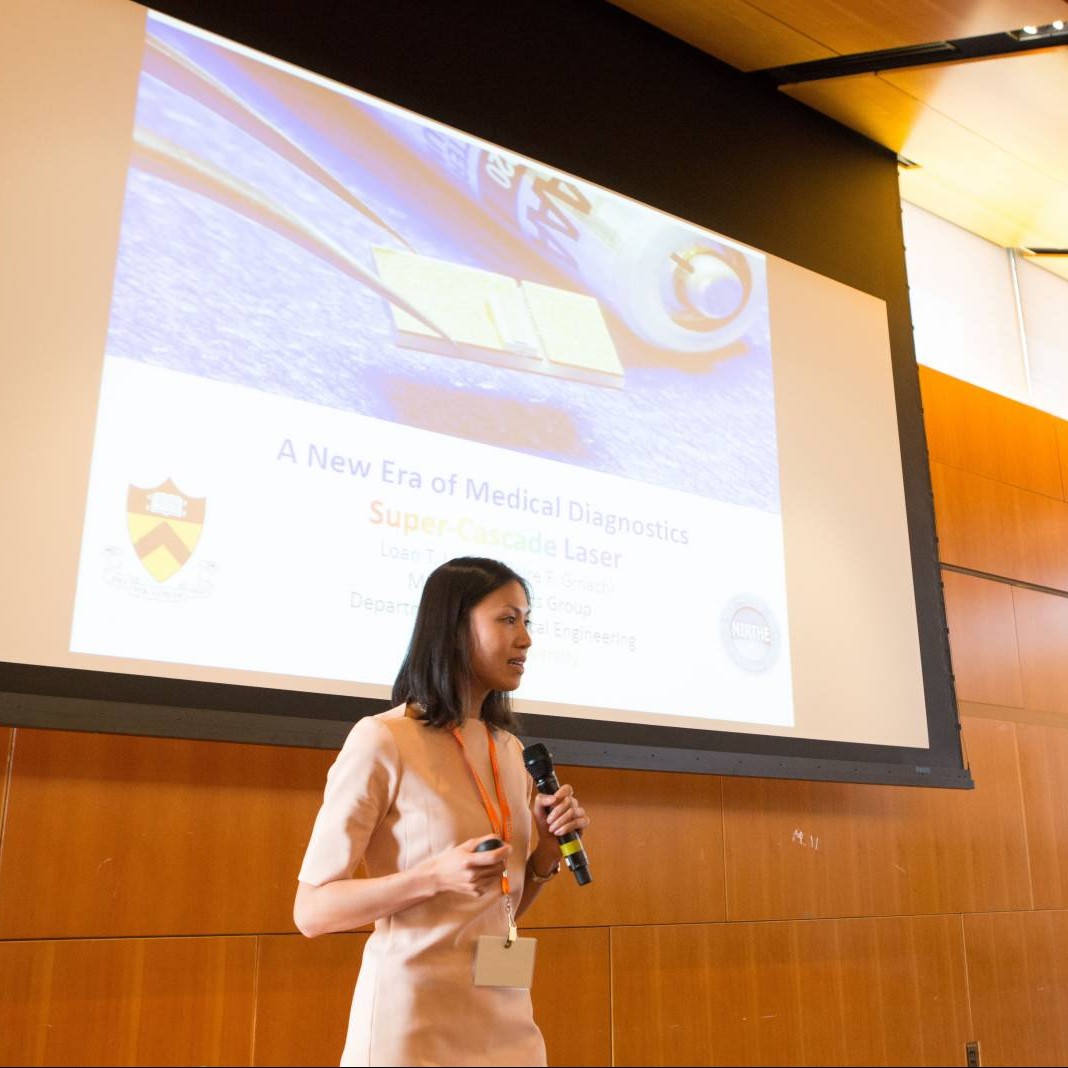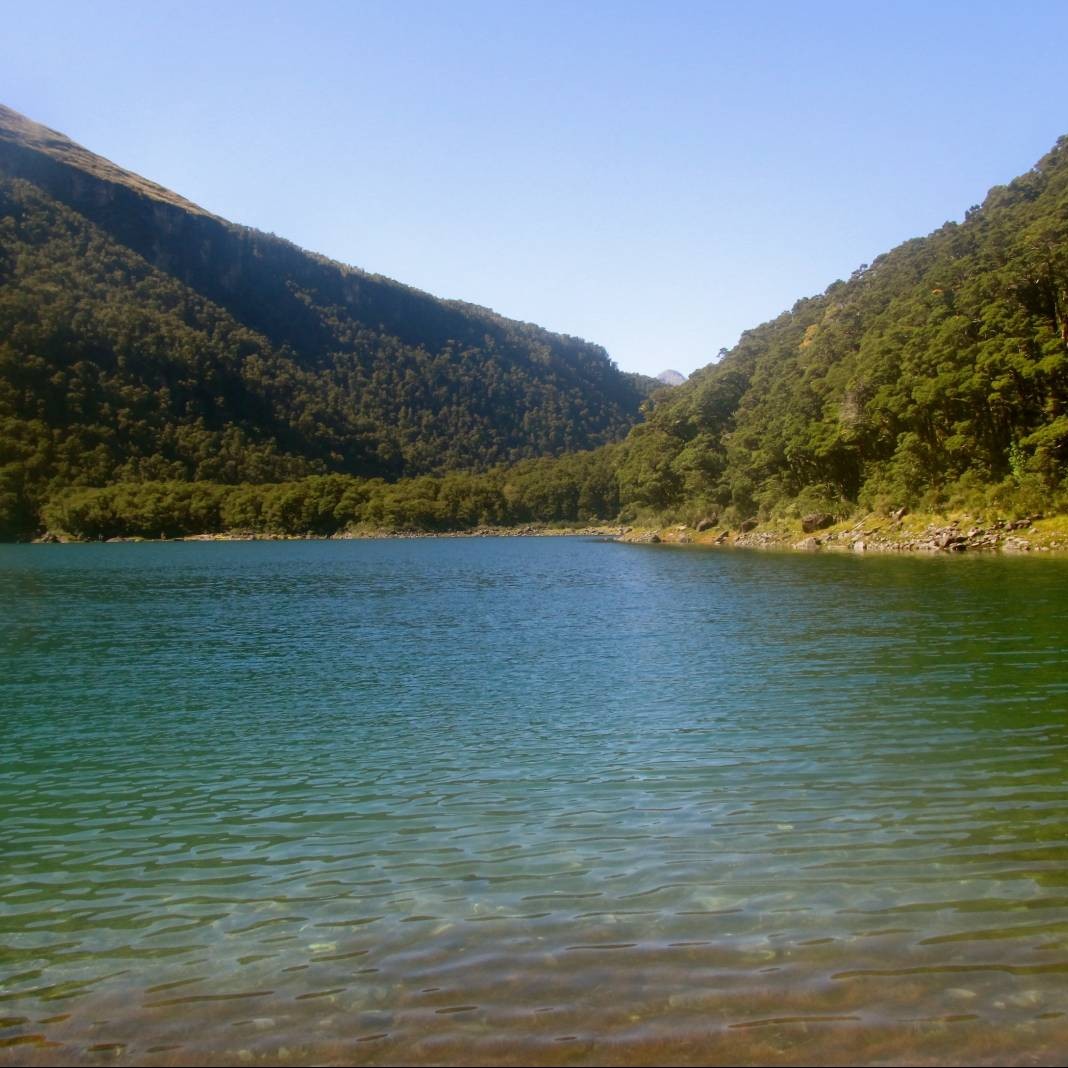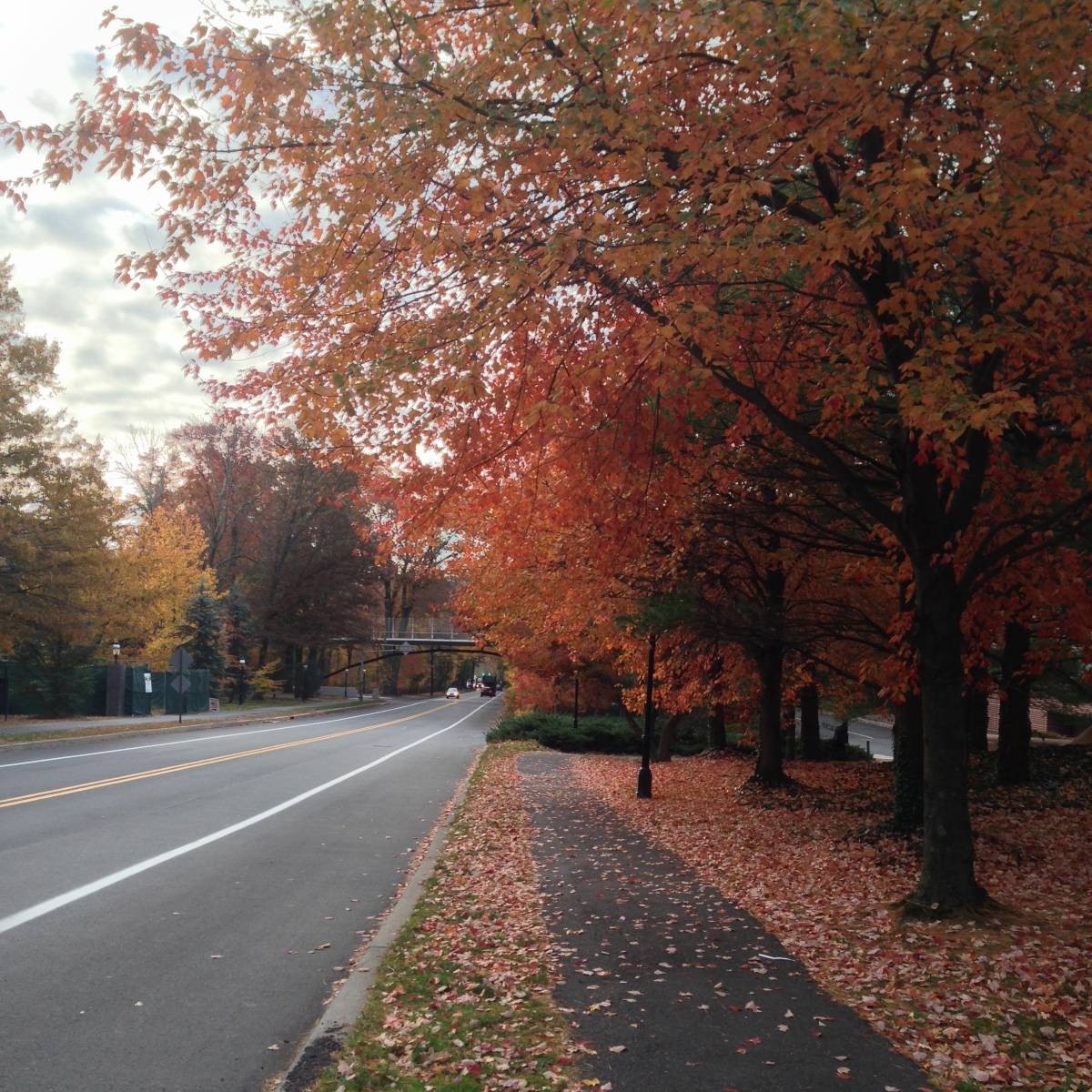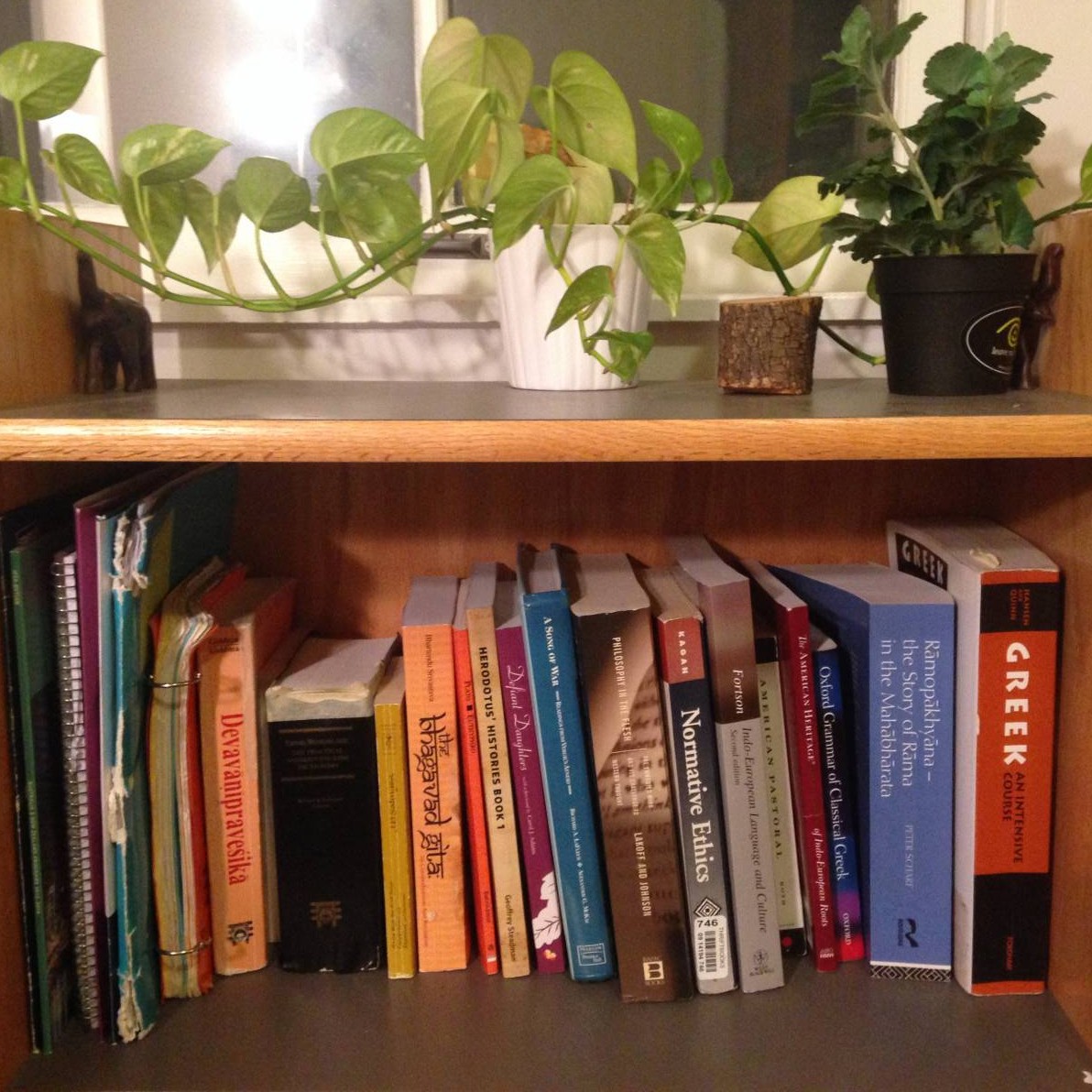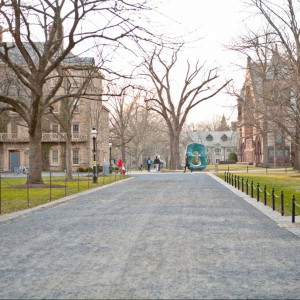Most Princeton students have been done with school for a while, but I just wrapped things up in New Zealand. Two weeks ago, I was packing up to leave my flat in Dunedin. I finished my last final on that Tuesday, submitted my JP on Thursday, and then flew out of Dunedin on Saturday. This week, I’ve been spending time with family before I start my job at PRINCO, Princeton’s endowment fund. At PRINCO, I’ll shadow and help different teams that manage Princeton’s endowment investments in different areas, like fixed income/cash, private equity, real assets, etc.
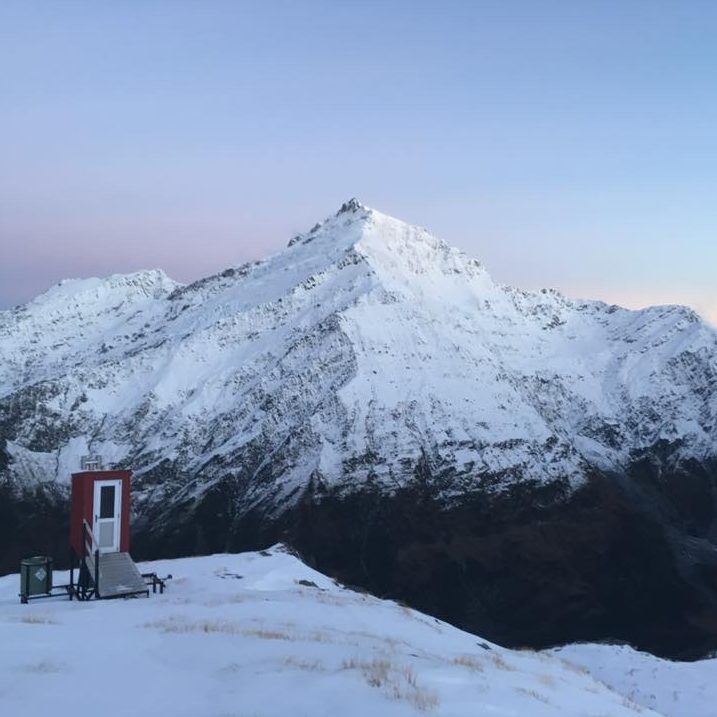
Since my summer job hasn’t yet started, I thought I’d write about my experience doing JP research abroad. My advice here is relevant and easily applicable to any student researching abroad. Many of my thoughts in this earlier post have held true throughout the research process, but my topic and experiences changed significantly throughout the semester. As a bit of background, I focused most of my JP on the following asymmetry between aesthetic and moral admiration:
Aesthetic: Henry knows nothing about Velazquez’s Las Meninas. Jill tells him that Las Meninas is an aesthetically praiseworthy painting and lists its qualities, providing evidence for by citing its physical characteristics. Henry comes to admire Las Meninas.
Moral: Henry knows nothing about Mahatma Gandhi. Jill tells him that Gandhi was a morally praiseworthy man and lists his qualities, providing evidence by citing stories about his deeds. Henry comes to admire Gandhi.
My intuition dictated that, in the above example, Henry’s moral admiration seems warranted — but his aesthetic admiration based on testimony does not. The moral qualities relevant to admirability seem communicable by testimony, whereas the aesthetic qualities relevant to admirability do not. Why?
In tackling my research on this topic in New Zealand, I found the following tips useful: Continue reading Researching Abroad? Here’s some advice!


